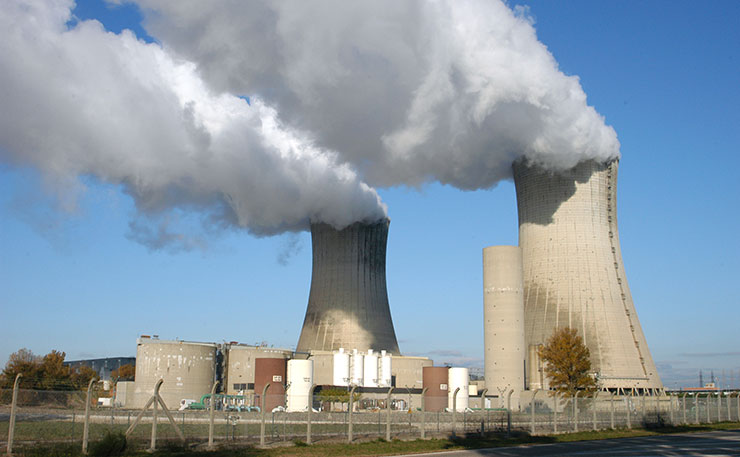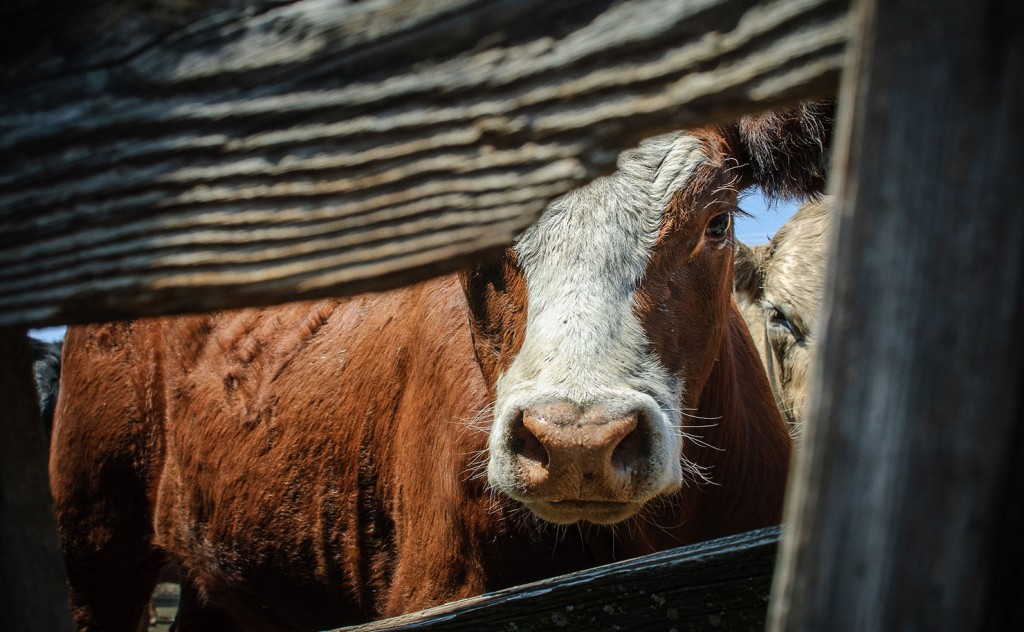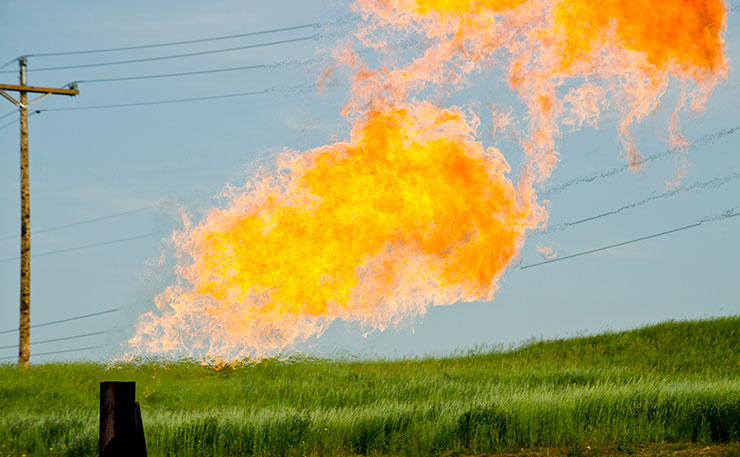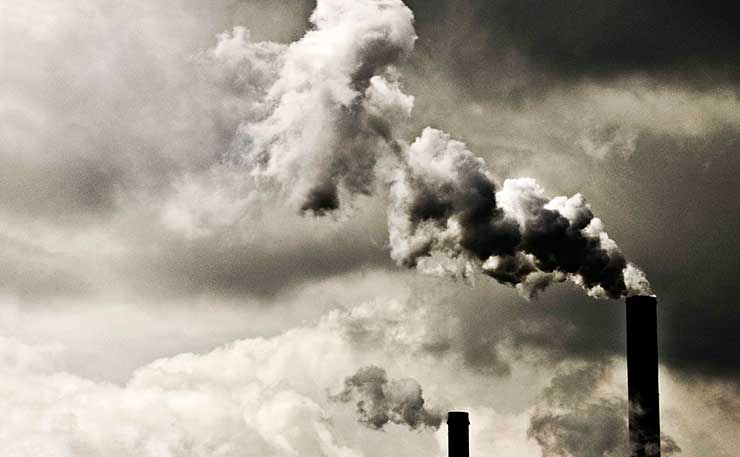DON’T MISS ANYTHING! ONE CLICK TO GET NEW MATILDA DELIVERED DIRECT TO YOUR INBOX, FREE!
Yes, climate change is bad. Yes, our political leaders are failing us on that front, and many others. But as Geoff Russell points out, all hope is not lost – important things are happening.
A friend of long standing recently killed himself. We hadn’t had much contact for years and the news came as a shock. Better friends than me were also surprised but knew he’d been depressed about the impending loss of future that many of us fear.
The good thing about being of my age is that I recall a sense of hopeless despair about nuclear weapons when I was growing up. It faded as I aged and time moved on. But it didn’t vanish by some kind of miracle. Hard won arms control treaties saw many bombs dismantled and the plutonium used to generate vast amounts of energy. It was a stunning ‘swords into ploughshares’ achievement.
Living through a crisis can help with the next one, but there are perhaps other antidotes to the current malaise. I keep hearing young people protesting that “nobody is doing anything [about our climate emergency]”. They are wrong.
If you hang around in social media echo chambers where outrage over inaction is the main currency, then you’re missing out on the good news. The action on climate emergency technology is happening in the engineering journals and the companies and public agencies that actually do stuff.
It is engineers who will, if given half a chance, solve our climate emergency. Certainly, nobody else can fix it.
Developing countries need prodigious energy to tear themselves from poverty. If you think we can reduce our consumption by the 95 percent required and that developing countries should be instructed to just stay poor, then you don’t understand how totally dependent we all are on prodigious energy.
We have to fix the problem, not pretend it’s a product of our consumer society. It isn’t.
We’d still have a climate emergency if we were living austere and meritorious lives. Nor will the problem vanish with population control. The number of children per woman has halved in the past 50 years; globally, population control has been a spectacular success, but it is far too slow to be the silver bullet that some people think.
So it’s engineers who will save us, and many are doing their level best. I use the term engineers in a generic sense which includes chemists and logistics planners and a whole host of variously skilled techos.
And what are these engineers doing? They are busy on so many fronts that it’s hard to do them justice in a small article; but here’s a few samples.

Batteries
I’m not a fan of batteries; they suck. Most engineers have known this for decades and have been slowly improving them. Currently Lithium-ion batteries store about 200 watt-hours per kg. You will only appreciate how bad that is if you realise that even wood contains about 5,000 watt-hours per kg. So there’s plenty to be done and many engineers working on various parts of the problem.
Batteries are also very carbon intensive to build. It’s expected that by 2028 the world will be making one terawatt-hours worth of Li-ion batteries annually. Estimates vary, but the manufacturing processes could result in 200 million tonnes of CO2 emissions. One terawatt hour is far too little and 200 million tonnes of CO2 is far too much. How do you reduce that? Better engineering or perhaps with synthetic fuels that don’t need batteries and run in standard vehicles; either way, it’s engineering and many people are working on the problems. The fact that you don’t know about it doesn’t mean it isn’t happening.

Clean energy
Batteries don’t generate energy, they just store it. Many engineers are working on clean energy systems. Most of them currently suck also but many will improve with time and effort. I reckon some will always suck; but maybe engineers will prove me wrong. Two of my favourite clean energy technologies that don’t suck and have terrific potential are being developed by Thorcon and Oklo.
Thorcon want to mass produce nuclear reactors in shipyards, which could totally transform the energy component of the climate problem. Oklo are working at a different scale and want to mass produce tiny nuclear reactors which can power small communities, factories, hospitals. If that works out, we won’t need any big sucking batteries.

Food
Impossible Burger is making burgers from plants that are good enough to fool people who really like meat and won’t willingly give it up, even if the planet is at stake; people like Tim Flannery, Barnaby Joyce and Richard Di Natale… to name but a few, although the list is long.
Many companies have techos working on clean meat; their goal is to reduce both our carbon footprint and our general ecological footprint, because meat sucks on both levels.

Hydrogen
Many of the engineers are working on seriously important problems that never get the attention of mainstream media. Take hydrogen, for example. Almost all of the current 70 million tonnes of hydrogen produced each year are produced from fossil fuels… natural gas.
There are teams in many countries and companies working on replacing this with clean production methods. Hydrogen is widely used already, but clean hydrogen will have many more uses that can clean up climate-dirty processes.
In all of the above cases, engineers aren’t just working on the basic technology, but on entire supply chains. Take, for example, that racing yacht that Greta Thunberg sailed to New York on. Does carbon fibre grow on trees? No. The engineering behind the fibres themselves is amazing and has enabled all kinds of energy saving changes in the way we make stuff; not just yachts for people having trouble working out where to spend their money. These improvements filter along entire production lines.
Other engineers are working on clean electronics. They want to shift construction from using materials that are mined to materials that are grown. It may be a long way off, but most serious technologies take decades to get right.
It’s too late for my friend; despair took its toll. But there is reason for optimism if you know how and where to look.
Vale David “Harry” Harrison.
DON’T MISS ANYTHING! ONE CLICK TO GET NEW MATILDA DELIVERED DIRECT TO YOUR INBOX, FREE!
Donate To New Matilda
New Matilda is a small, independent media outlet. We survive through reader contributions, and never losing a lawsuit. If you got something from this article, giving something back helps us to continue speaking truth to power. Every little bit counts.




